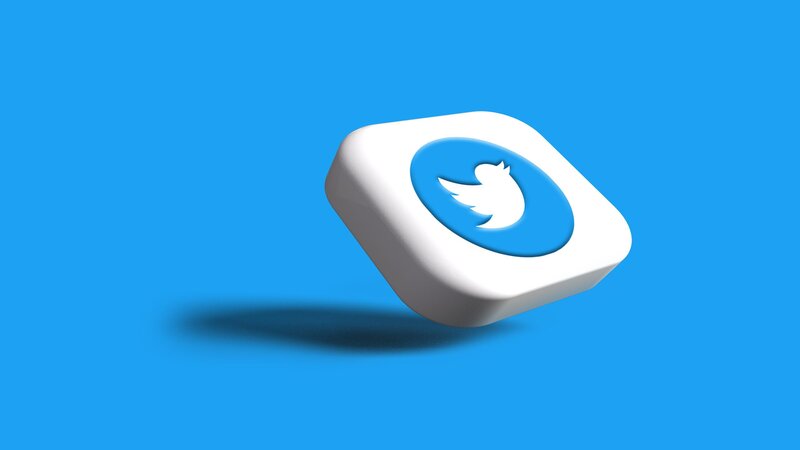
Twitter has evolved as a valuable tool for companies trying
to build a strong online presence, engage with consumers, and keep ahead of
industry trends. Twitter's strength, as opposed to other social media platforms
that emphasise on visual material or long-form articles, is its ability to
promote real-time, succinct, and engaging conversation. This makes it a perfect
venue for businesses to communicate with their audience in a timely and
powerful manner.
One of the most common reasons businesses utilise Twitter is
to raise brand recognition. Businesses can maintain their brand at the
forefront of consumers' thoughts by continuously producing relevant material,
sharing industry news, and connecting with followers.
The usage of hashtags may also broaden a brand's reach,
allowing organisations to tap into current industry debates and trends. This
not only raises awareness but also positions the company as a thought leader in
its industry.
Another area in which Twitter excels is customer service.
Because the platform is real-time, it is ideal for responding to consumer
inquiries, resolving issues, and delivering timely information.
Many businesses have specialised Twitter customer support
accounts to manage such encounters. This not only increases customer happiness
but also demonstrates the company's dedication to providing outstanding
service, fostering consumer confidence and loyalty.
Twitter may also be used for market research. Businesses may
simply track discussions about their brand, goods, or industry to learn about
customer behaviour, preferences, and problem areas.
Twitter Analytics, for example, provides useful data on
tweet performance, audience demographics, and engagement metrics, which may be
utilised to improve marketing tactics. Polls may also be used to obtain direct
feedback from the public, making data-driven choices easier for organisations.
Another big advantage of utilising Twitter for business is
networking. The platform enables businesses to communicate with other
businesses, industry experts, and influencers in a more casual and approachable
setting.
These relationships may lead to collaborations,
partnerships, and even investment possibilities. Furthermore, Twitter's retweet
feature makes it simple for businesses to share material from other accounts,
establishing a feeling of community and mutual support within the sector.
Twitter may also be used effectively for promotions and
sales. Tweets may instantly spread flash bargains, discount coupons, and
special offers to a big audience in a short length of time. Businesses may also
reach out to certain demographics using the platform's targeting features,
making their promotional efforts more concentrated and successful.
To summarise, Twitter provides a varied and dynamic platform
for businesses to engage with their target audience, increase brand
recognition, provide customer support, do market research, network with peers
in the industry, and drive sales. Because of its real-time nature, succinct
structure, and interactive features, it is especially suited for commercial
applications, providing a variety of options for development and success.
Twitter gives the tools and reach to help you achieve your
business goals, whether you're a small business wanting to establish a devoted
client base or a huge corporation looking to retain market leadership.